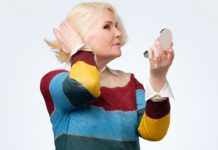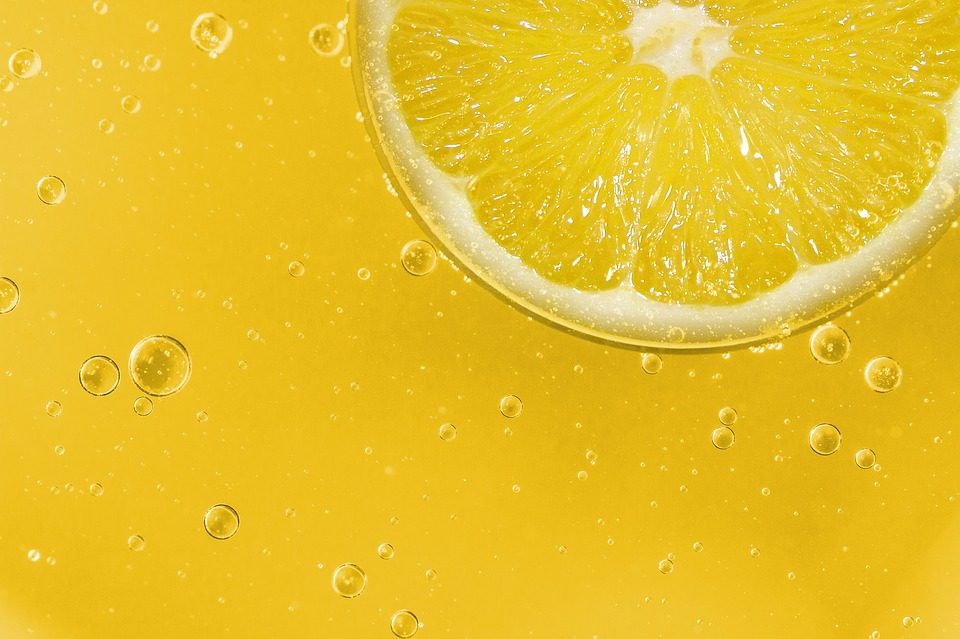A test conducted by Valisure, an online pharmacy and lab, found that 78 batches of popular sunscreen products contained high levels of benzene. Top sunscreen brands like Neutrogena, Banana Boat, CVS Health, etc. were on the list. The FDA has been requested to recollect these products, especially the spray version, from the markets.
What Are Carcinogens?
Carcinogens are agents that can cause cancer in humans on exposure for prolonged periods. Carcinogens are found in both natural and manmade products such as:
- Stored grains and canned food
- Paints and cleaning products
- Volcanoes and forest fires
- Red meat and salted fish
- Processed food and fast food
- Hard and soft drinks
- Fruits and vegetables
Benzene is one of the famous carcinogens that are often colorless or pale yellow with a sweet aroma. This highly flammable toxic chemical when ingested could lead to leukemia, nerve damage, irritate eyes or skin causing redness, blisters, and itching.
It is often present in sugary drinks, processed foods, adhesives, paint, cleaning agents, gasoline, and is one of the by-products of tobacco smoke.
Why Do Sunscreens Contain Benzene?
Carcinogens are caused due to natural and manmade reasons. Though benzene, a known carcinogen, is not an ingredient in the manufacture of sunscreens, the recent test has shown that several famous sunscreen products contain this harmful chemical at a potentially harmful level.
In its petition to the FDA, Valisure suggested that the presence of this harmful chemical could be an aftereffect of contamination during the lockdown period and if yes, every manufacturing unit should be tested for carcinogenic contamination.
Which Sunscreen Is the Best?
Dermatologists suggest that sunscreen with an SPF of 15 can block up to 94% of UV rays while an SPF 30 can give 97% protection.
The Food and Drug Administration Board suggests that any sunscreen that provides 50+ SPF may not provide 100% protection as promised but in turn, puts its users at the risk of acquiring skin cancer with continuous usage.
The Skin Cancer Foundation recommends a water-resistant, broad-spectrum sunscreen with SPF 30 to 50 to achieve the best results with minimal exposure to skin cancer. They also suggest applying sunscreen liberally at appropriate intervals.
“We don’t know how effectively [benzene] gets through the skin, if it gets absorbed systemically, and how that then behaves downstream,” said Adam Friedman, MD, professor and chief of dermatology at George Washington University in Washington, D.C. He further added that “This isn’t a sunscreen issue, it’s a manufacturing issue”
FDA spokesperson has also assured that everything is being taken seriously and measures are being taken to make non-contaminated sunscreen available.
Thus, any sunscreen your dermatologist recommends is made to protect you, and chances of contamination are being monitored constantly by specific task forces.

















